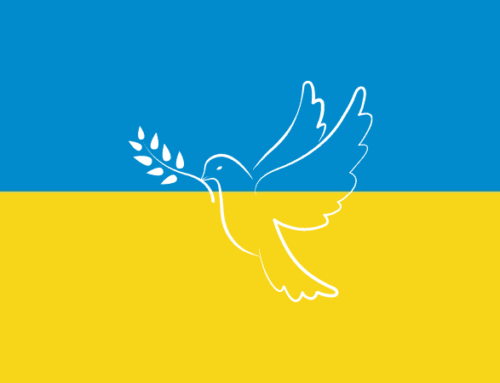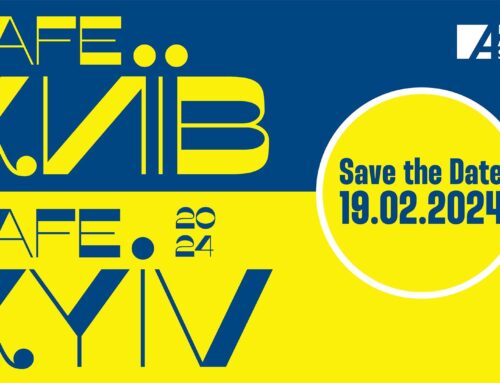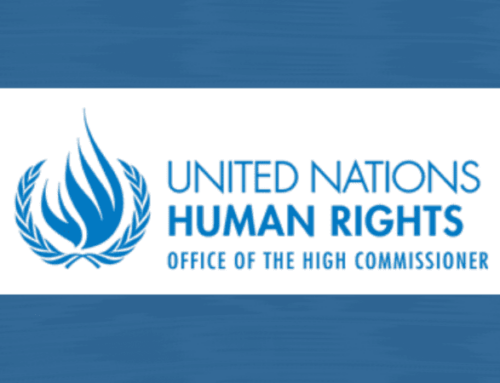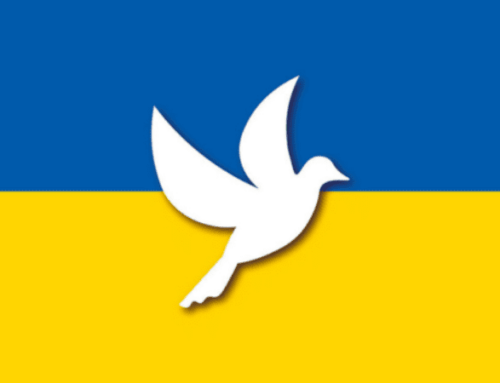Monitoring of the case of A. Melnik, A. Kryzhanovsky, I. Kunik (hearinging of August 11-13, 2020)

On August 11, 12, 13, in the Gadyatsky District Court of the Poltava Region, court hearings were held in the case of the head of the “Vizit” TV company Alexander Melnik, who is one of the three accused (together with A. Kryzhanovsky, I. Kunik) in the case of murder of the mayor of Kremenchuk A. Babaev and the judge of the Kremenchug court A. Lobodenko.
At these court sessions, some material evidence was examined in the case of the murder of Judge Lobodenko.
The prosecutor presented to the court “material evidence” packed by the Poltava Court of Appeal. It should be noted that this case was not considered by the Poltava Court of Appeal, especially since the material evidence in the case was not examined. The prosecutor was unable to reasonably explain the origin of the packaging and the fact that the court of appeal sealed the evidence.
In the course of the court’s examination of material evidence, the defense demanded that the objects be measured, but the court indicated that they were not experts and could not make measurements. For the same purpose, the lawyers filed requests to summon the experts to the court, the court refused to satisfy the requests.
Еhe defense lodged objections to the violation by the court of the right to a fair trial.
Lawyer Mironov argued his protest by the fact that the defense had previously filed a petition to involve a specialist during the examination of material evidence in the case.
The panel of judges refused to satisfy the petition without any explanations.
It should be noted that in accordance with Article 360 of the Code of Criminal Procedure of Ukraine, during the examination of evidence, the court has the right to use oral advice or written explanations of a specialist provided on the basis of his special knowledge. The specialist may be asked questions about the essence of the provided oral advice or written explanations.
Nevertheless, experts of the International Society for Human Rights are concerned about the lack of motives for the court’s decision and we believe that there is a violation of the right to a fair trial.
The ECtHR has repeatedly drawn attention to the need for a sufficient reasoning of decisions of national courts.
In §§ 31; 32 “Duralisky v. Bulgaria”, the ECtHR ruled that the judges themselves must respect the adversarial principle, in particular when they reject applications or decide a case on the basis of an issue raised by the court on their own initiative.
The Court notes in this regard that it is important for those who bring applications to the courts to rely on the proper functioning of the justice system: this hope is based, inter alia, on the confidence that a party to a dispute will be heard on all counts of the case. In other words, the parties to a dispute have a legal right to expect to be consulted as to whether a particular document or argument, as the case may be, requires their comments.
Rejection of motions by the court without stating the reasons deprives the defense of the opportunity to understand the reasons for the refusal, which ultimately constitutes a violation of the right to defense and the right to a fair trial.
The next court session is scheduled for 09.09.2020.
Experts from the International Society for Human Rights will continue to monitor this trial.








Leave A Comment